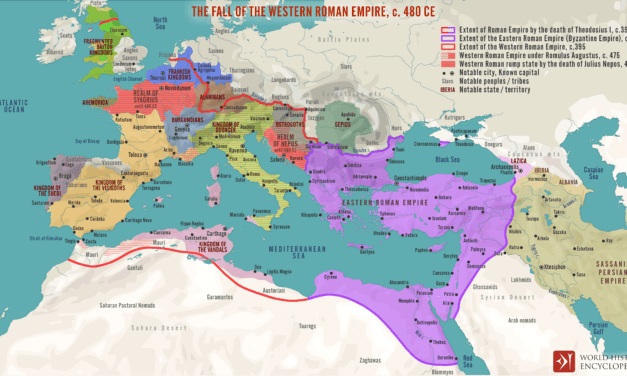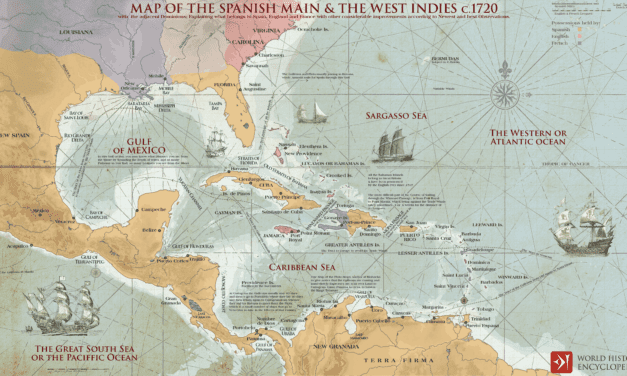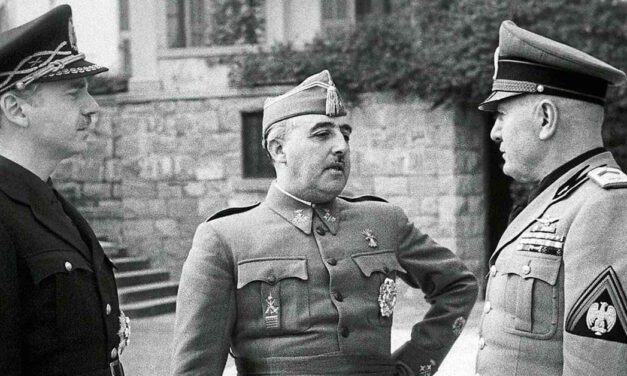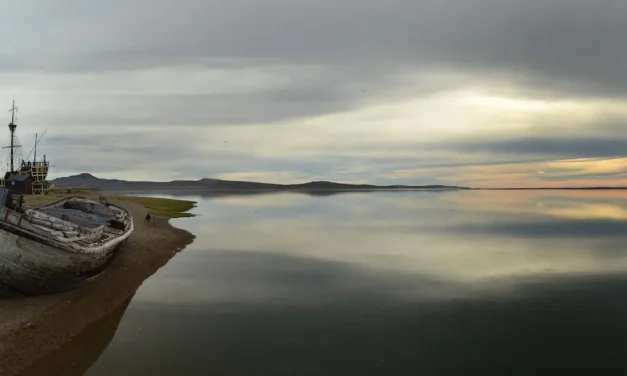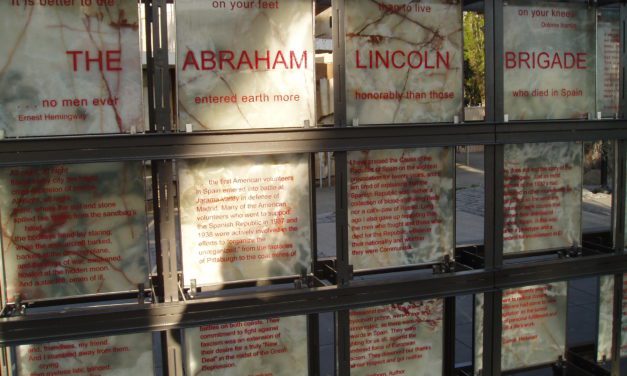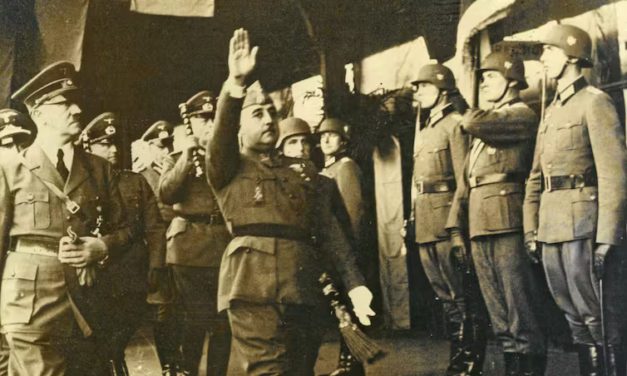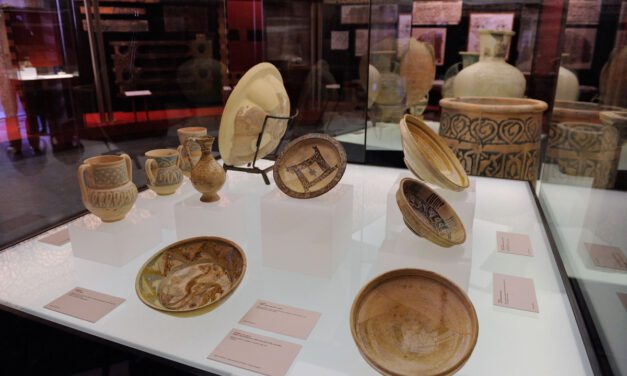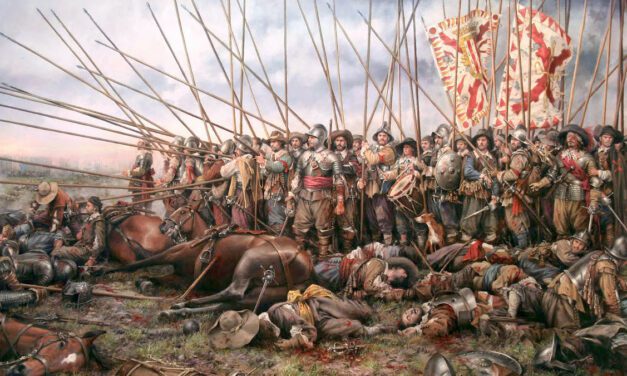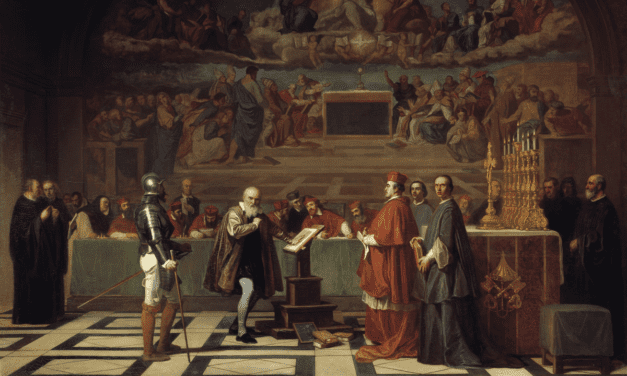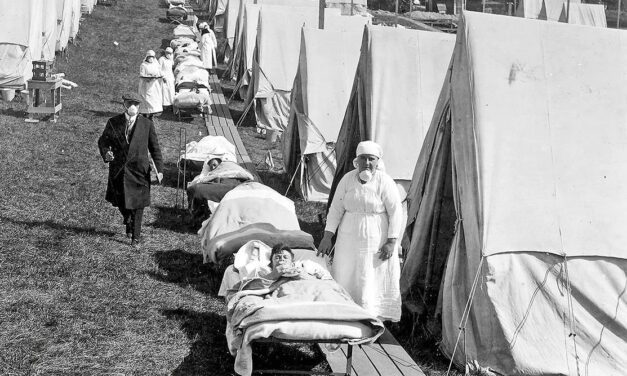The 7 Largest Empires in History
Reading time: 8 minutes
While very few exist today, the world’s history books are filled with hundreds of thousands of empires, ranging from a handful of islands to near-global domination.
A select few stand as the most infamous, such as the Roman Empire or the British Empire, yet many of history’s largest empires are less well-known. So, what were the world’s largest empires across history?
Read More


